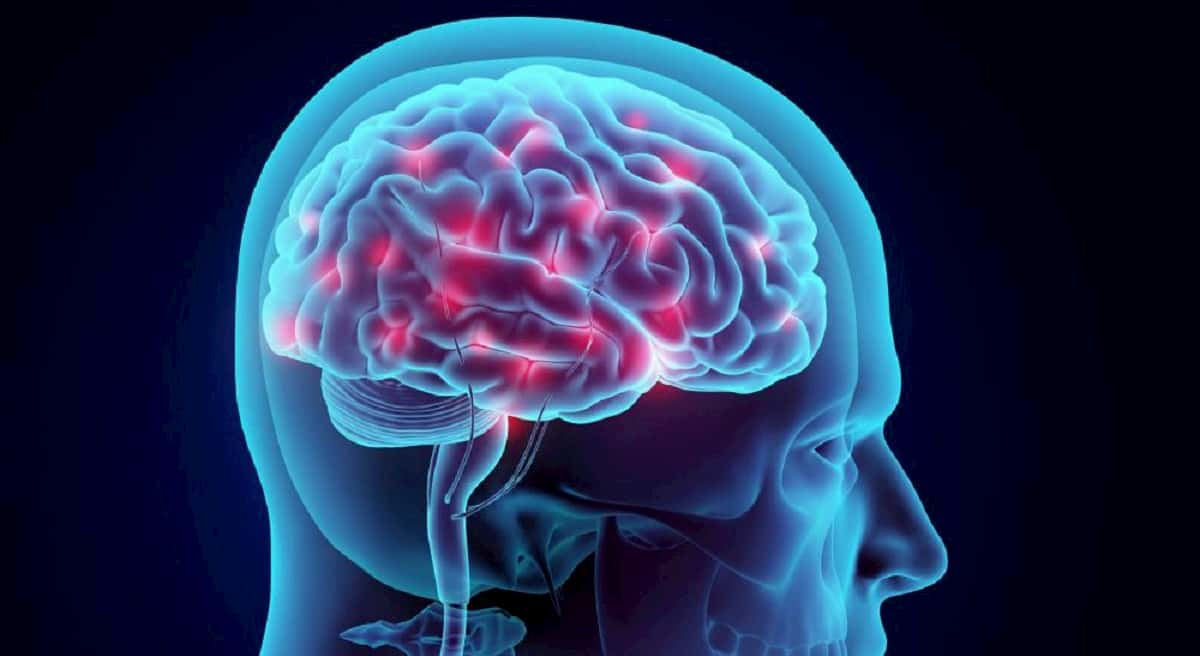Individuals who seek rehabilitation services normally strive to heal their physical bodies, but it is also very significant to one’s recovery to heal their mind as well. One’s self-esteem can have a major impact on how they view themselves, their treatment, and the decisions they make regarding the treatment. The model of empowerment is a tool used in the recovery process to become motivated and able to achieve goals. It is also important when in a rehabilitation setting to address activities or techniques that can empower the individual in order for an effective recovery. Becoming familiar with the importance of self-esteem and empowerment will boost the confidence of individuals going through the rehabilitation process and set them up for success!
Nourishing your Self-Esteem
The definition of self-esteem according to Merriam-Webster Dictionary is “a confidence and satisfaction in oneself: self-respect.” Not many individuals fully understand the concept of self-esteem. This can lead to preconceived notions about aging and self-help in general (Levy, et al., 2006). This can also have a huge effect on how someone makes decisions regarding their treatment plans because of how the individual affected views themselves in the situation.
Depending on how you view yourself or your situation, your self-esteem or self-worth is reflected by that. For example, if an individual has low self-worth and they are going through the rehabilitation process, it is likely the goals they set for themselves might not be met since they have little belief in being capable of recovering. Having the ability to understand self-esteem will assist in the growth of confidence needed to view yourself and your treatment in a better light in order to achieve your goals.
The Empowerment Model
Being aware of self-esteem and how oneself views themselves is only the first part of how individuals in the rehabilitation process can heal their mind alongside their body. The Empowerment Model is a tool designed as an intervention for those to take back control of their own life. It involves a strengths-based approach where individuals are viewed as able to function autonomously, but still need opportunities within the external environment to effectively manifest this level of function (Moran, et al., 2017). Empowerment can be found on a personal level and on a community level. Empowerment within the rehabilitation process has the ability to change the viewpoint of individuals who feel as if there is little hope left for them and gives them a new outlook on their recovery.
How to Empower Yourself Daily
It is significant for those within the rehabilitation process to acquire ways that work for them to empower themselves on a daily basis. Practicing empowerment will assist in building up your self-esteem and create a more comfortable environment for you to reach maximum level of function. Here are a few examples of ways individuals to become encouraged to practice empowerment:
-
Create a list of goals
For a person to reach their goals, it could be beneficial for them to visualize what they are expecting to accomplish. This does not have to be long-term goals; short-term goals are a productive way for individuals to meet the bigger goals they plan to accomplish in the future. Tracking your progress could also be beneficial in visualizing the progress made and has the potential to instill willpower within you to keep making progress.
-
Practice self-care
Practicing self-care can look different for most people. All people have certain hobbies or activities they like to do in order to make themselves feel better. Self-care looks like: a warm shower, meditation, a walk, reading a book, or taking a few minutes as quiet time. No matter what a person does to practice self-care, it is important for you! Remember to take time for yourself and do the things that bring you joy to improve quality of life.
-
Avoid negative stereotypes and preconceived notions
To be able to grow your self-esteem, do not judge your situation as a whole, but a starting point. It is inevitable for those going through the rehabilitation process to become worried about the future due to hearing negative stereotypes. Therefore it is important to become educated on their condition instead of feeling hopeless due to preconceived notions.
-
Make strong bonds
Having a strong support system is a huge part of empowerment! This may be family, friends, or individuals who are going through the same recovery process. Having strong bonds will help you create a safer environment which allows you to work harder and reach your goals.
-
Practice being independent
It’s common in aging/disabled individuals to feel like they lost their independence, which takes a major toll on their self-esteem. Therefore, to fulfill your sense of self-worth, it is significant that you perform occupational tasks that come naturally to you since being fully independent can be difficult.
Overall, it is important to not only heal the physical, but to address what our mind makes us feel. Few people realize the effect our view of ourselves can have on our mental state and how we view treatment. Seeking out ways to improve your self-esteem and promote empowerment can become a beneficial and essential part of your recovery and healing process.
References
Levy, B. R., Slade, M. D., May, J., & Caracciolo, E. A. (2006). Physical recovery after acute myocardial infarction: positive age self-stereotypes as a resource. International Journal of Aging & Human Development, 62(4), 285–301.
Merriam-Webster. (n.d.). Self-esteem definition & meaning. Merriam-Webster. Retrieved November 30, 2022, from https://www.merriam-webster.com/dictionary/self-esteem
Moran, T. E., Gibbs D. C., & Mernin, L. (2017). The Empowerment Model: Turning Barriers into Possibilities. Palaestra, Vol. 31 No. 2.





